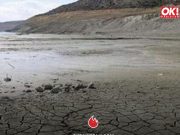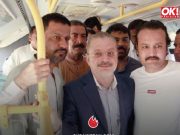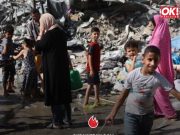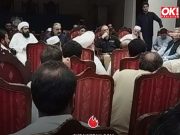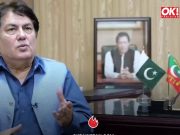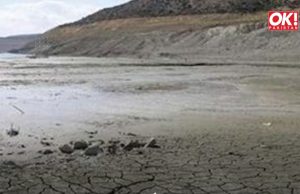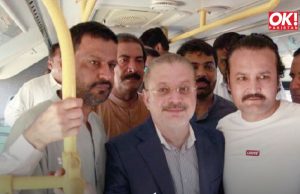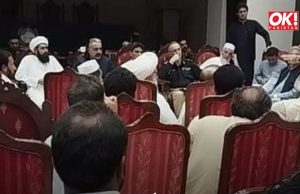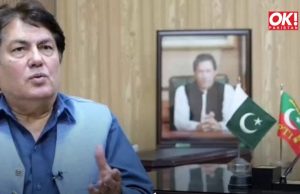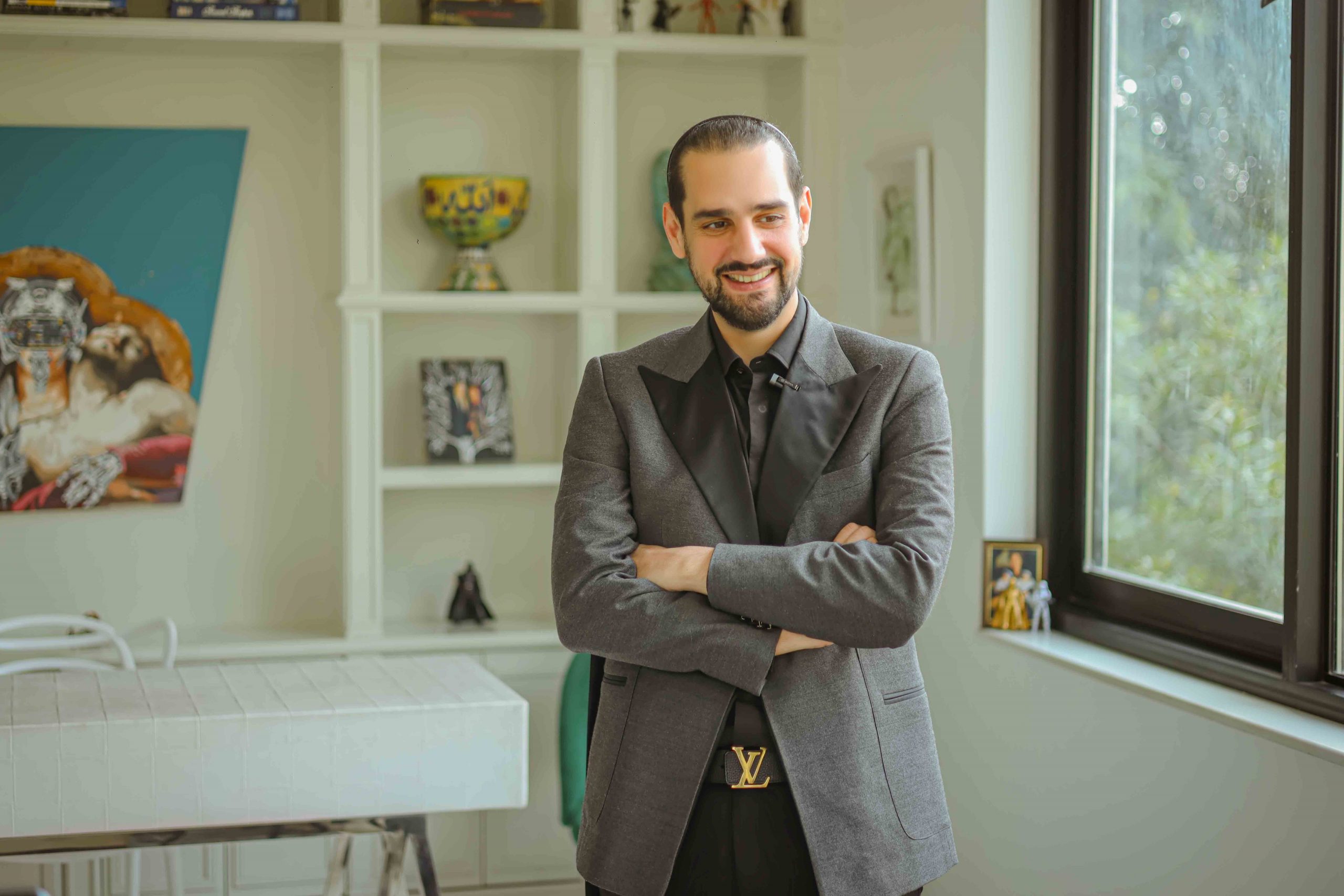 What began as a mundane Friday morning in August of 2011 changed many a life forever. Barely eight months after his father’s brutal assassination, Shahbaz Taseer was kidnapped on his way to work, just minutes away from home. Here began an almost five-year nightmare in captivity, one that thankfully had a happy ending.
What began as a mundane Friday morning in August of 2011 changed many a life forever. Barely eight months after his father’s brutal assassination, Shahbaz Taseer was kidnapped on his way to work, just minutes away from home. Here began an almost five-year nightmare in captivity, one that thankfully had a happy ending.
Today 12 years later, from his home in Lahore, Shahbaz Taseer speaks exclusively to OK! Pakistan about freedom, faith, family and friends and his book ‘Lost to the World: A Memoir of Faith, Family, and Five Years in Terrorist Captivity’.
In March of 2016, you found freedom after being lost to the world for over four and a half years – seven years on, how would you define Shahbaz Taseer?
SHAHBAZ TASEER: It’s a difficult question because the person that you see today would have a very difficult time recognizing the person in captivity. While I was in captivity, I couldn’t recognize myself, I couldn’t find myself, I couldn’t see Shahbaz. It wasn’t just the beard and the hair, the dirt on my face, nor months of not showering, but because of how unhappy I felt when I would think about my life. The person you see today is someone who has evolved and survived all of this and that has a different look. It’s obviously not the same but maybe a more evolved person, well maybe a little bit more empathetic and humble.
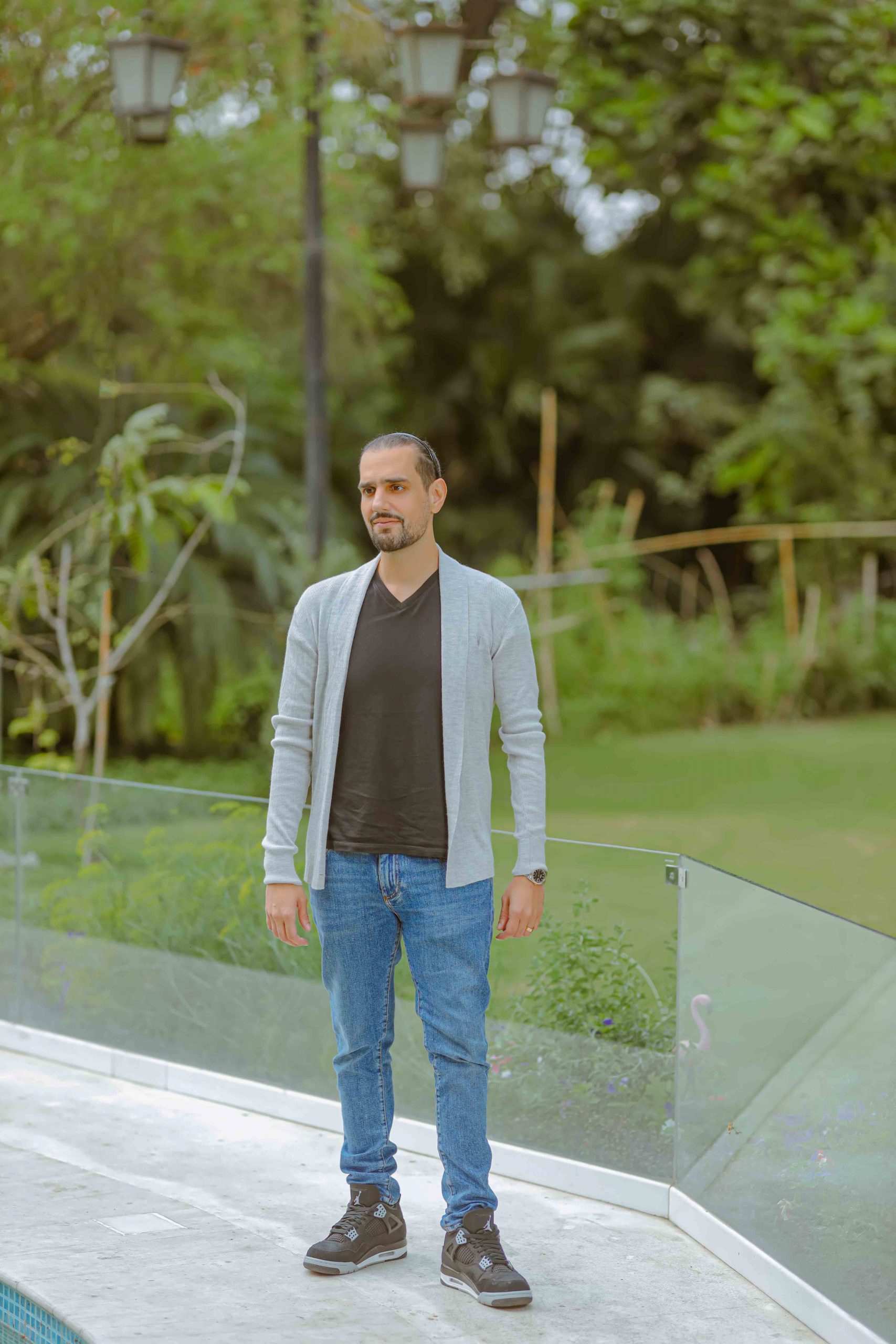 Three months after your release, when I last interviewed you, you told me: “My grandfather was a poet. My father for all his amazing qualities was a writer, as well – he wrote a book and also owned a fantastic newspaper. I think it’s in me to write a book, as well. It’ll be a great way to talk about my time away. It’s a difficult account to tell in an interview or even in a conversation – it’s four and a half years. I think writing a book would be an amazing medium to get my story across”. How does it feel to finally share your story with the world? Is having narrated your ordeal by means of a book, a weight off your chest?
Three months after your release, when I last interviewed you, you told me: “My grandfather was a poet. My father for all his amazing qualities was a writer, as well – he wrote a book and also owned a fantastic newspaper. I think it’s in me to write a book, as well. It’ll be a great way to talk about my time away. It’s a difficult account to tell in an interview or even in a conversation – it’s four and a half years. I think writing a book would be an amazing medium to get my story across”. How does it feel to finally share your story with the world? Is having narrated your ordeal by means of a book, a weight off your chest?
ST: I don’t know if it’s a weight off my chest, it was something that I really wanted to accomplish and I did. I remember that I used to keep these diaries when I was in captivity. My grandfather was a poet, and my father wrote a book about Zulfiqar Ali Bhutto. My Grand Uncle was Faiz Ahmed Faiz. My paternal aunt has also written a book. To be in this company is an honour for me and of course, it is a great sense of accomplishment because you know whenever you want to do something despite the hurdles, despite how difficult it might be, when you do it, it is amazing.
Do you feel ‘Lost to the World: A Memoir of Faith, Family, and Five Years in Terrorist Captivity’ has been a catharsis of sorts for you?
ST: Writing this book required me to work with my mother and my uncle who has now passed away. We spent a lot of time in close quarters, working very hard for endless hours a day – editing, checking, counter-checking, researching, and coordinating with intelligence people that were involved. So in that sense, but you know I have this amazing sense of accomplishment that I managed to pen it all down, and now anyone who wants to read about my story can do so.
“While I was living it, I had realised mine is a great story. And because I’ve been to film school, in my head, I decided that if a film about me is made, it would be directed by my favourite director, Martin Scorsese. And don’t think of me as an ego maniac but I’d love Leonardo Dicaprio to play me. And if it’s in Pakistan, my friend Ali Zafar – he’s the best, the best in this part of the world”, you told me back in 2016. With a book under your belt, is the film you envisaged also in the offing?
ST: Wow, yeah. I am looking at it, of course. That would be the next step so maybe in another four or five years you know we’ll be having another conversation. That’s the dream, of course – Martin Scorsese directing your film – but you know, our own cinema has grown so much and I would love to work with Pakistanis. I still remember I said Ali but Fawad would be fantastic, Riz Ahmed would be amazing. I don’t know, anyone cool would be cool. But yeah, I would love to work with Pakistanis. Oscar winner Sharmeen Obaid, who is my cousin-in-law – that would be the most amazing. And then there are so many more. We have so many talented people in this country.
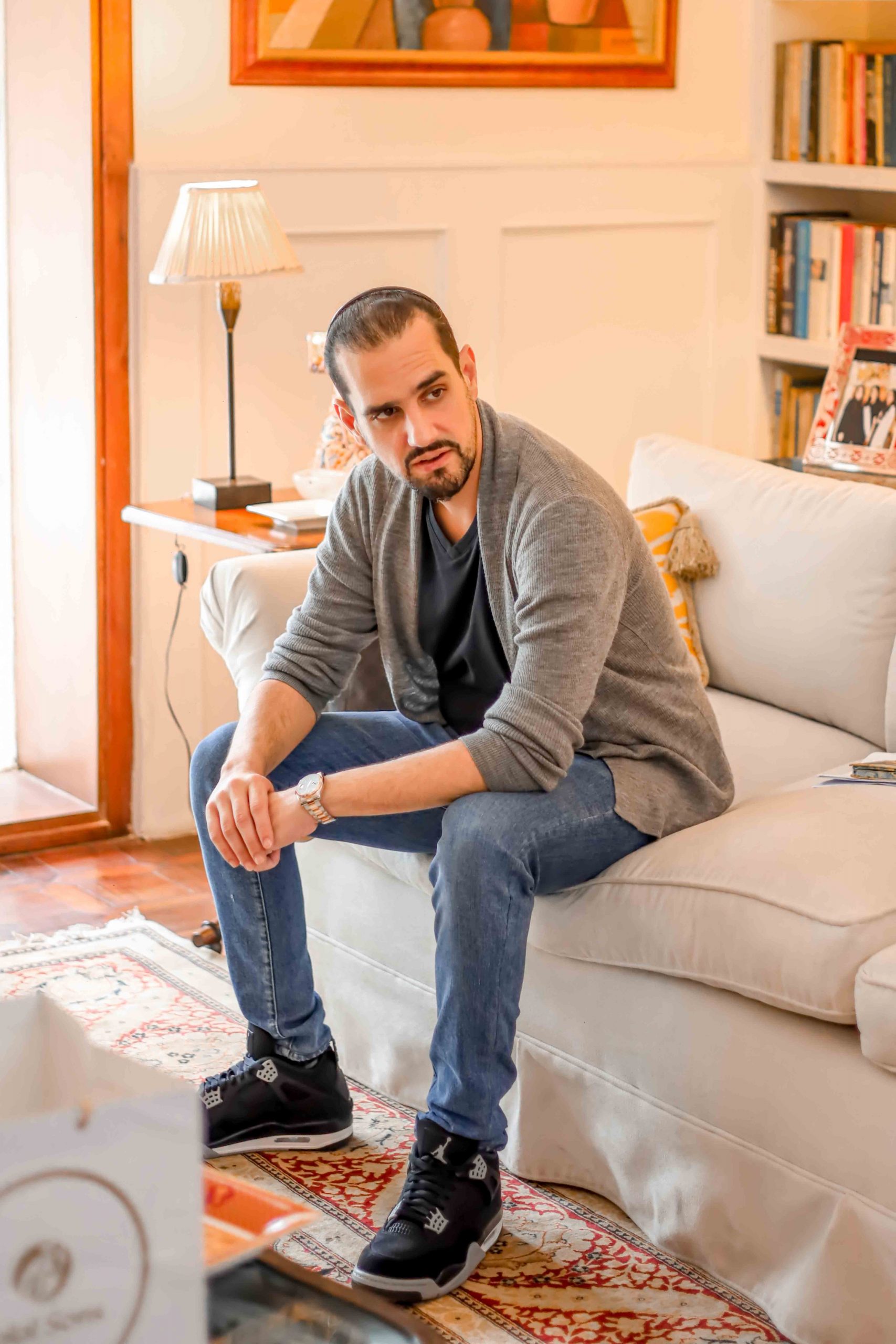 “I am not made from a wood that burns easily”; over a nightmarish almost five years in captivity, would you say it was the power of faith and desire to reunite with family that fueled you to keep going?
“I am not made from a wood that burns easily”; over a nightmarish almost five years in captivity, would you say it was the power of faith and desire to reunite with family that fueled you to keep going?
ST: Yes, of course – they are such an important part of my life. The first time I actually thought that I was going to die and I spoke to my mother she had this unbelievable resolve that nothing would happen to me. I remember she told me over the phone “Don’t worry about what they say, I’ve left you in Allah’s hands and I know nothing will happen to you”. And even my friends. I have this very close friend Haris. He is my best friend, we went to school and college together. Another very close friend asked him once because there were news reports that I had been killed in a drone strike and he said do you think that Shahbaz is gone? Haris turned to him and said “You know something, the universe would have told me. I feel him. So, no”.
My friends, my family had this undying resolve that I would make it. I had to fight very hard to come back to them.
Despite the curveballs life has thrown at you, your positivity is remarkable – do you believe that looking up is the only way to keep afloat?
ST: I mean you should always look forward, you should always want to accomplish things. When I came back, I had spent almost five years in captivity, I had to put my life together. I had to start working again, I had to do physical therapy. I had to meet doctors to see if everything was okay. It’s all a way forward and you have to always have goals. Life may have thrown many curveballs at me but you have to move forward. Some days are down, some days are up, but you have to accomplish tasks every single day. I have a beautiful family, I have beautiful children, and I have managed to get this book. My work life is amazing. I work with wonderful people. I have the most wonderful friends and family. I don’t think I could be any more blessed – I’m just very, very lucky.
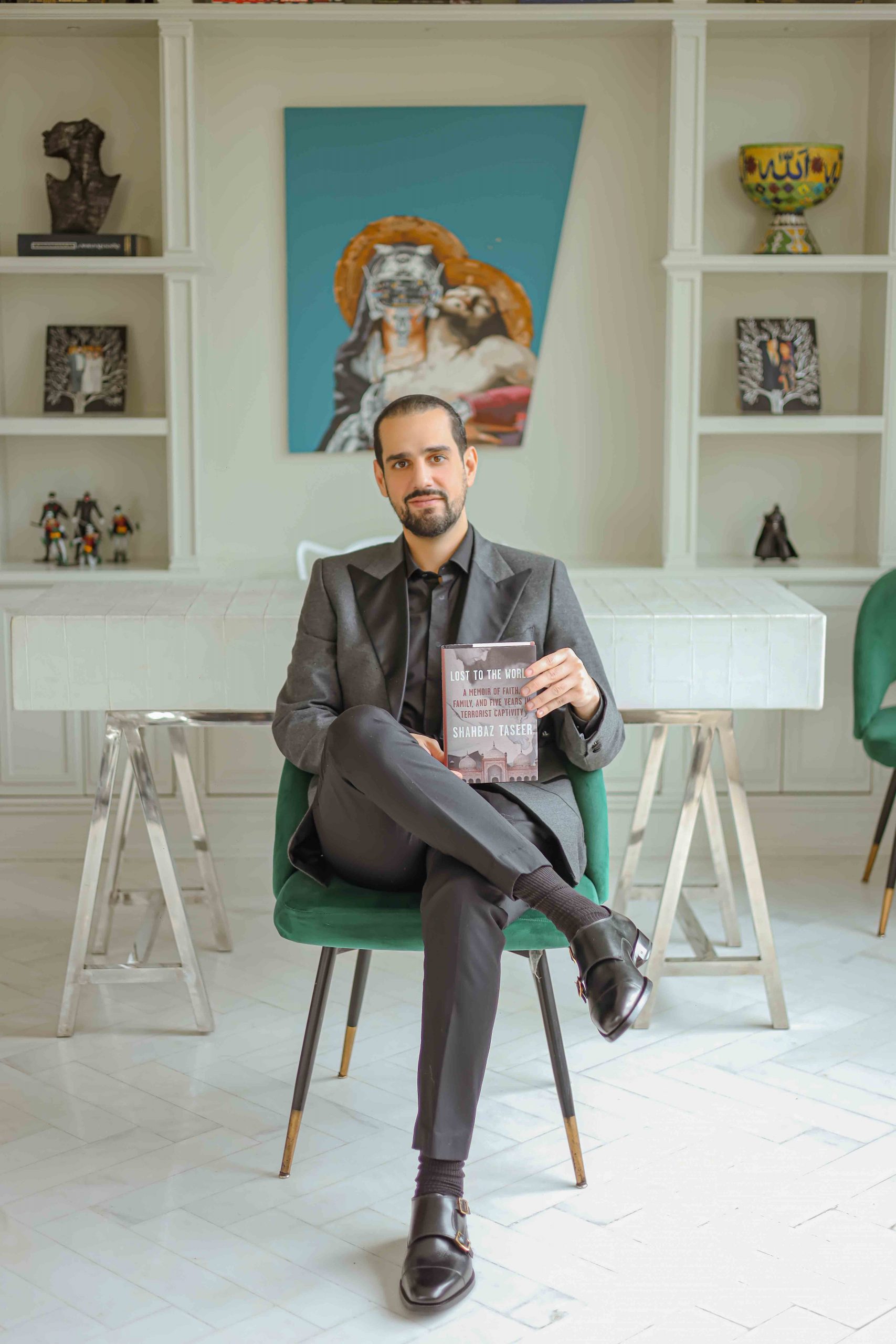 From the harshest of the harsh living conditions to the comfort of being home – what was the adjustment like? Would you say that you as a person have learned how to cope with the bare minimum and find happiness in the simple pleasures of life?
From the harshest of the harsh living conditions to the comfort of being home – what was the adjustment like? Would you say that you as a person have learned how to cope with the bare minimum and find happiness in the simple pleasures of life?
ST: Yes, of course. But like I tell my friends that just because I had a bare minimum for five years doesn’t mean that that’s what I want moving forward. While in captivity, I slept on the floor for five years. It was very difficult initially when I came back to sleep on a bed. But you know it’s much easier to get used to sleeping on a bed than to getting used to sleeping on the floor. I’ve had a very hard life but you know I’m looking forward to an easier one.
In the time you have been home, have you managed to pick up life from where you left off or have you started afresh?
ST: After my release, I picked up exactly where I left off, but in the five years I was away a lot had changed so in some ways I did also have to start fresh. When I came back so many of the things that I used in my day-to-day life were obsolete, they didn’t even exist as mediums anymore and I had to acquaint and familiarise myself with the new.
Your kidnappers used tweets posted by your family to play mind games with you during your captivity. Today, your candid and interactive use of the platform tells us you’re enjoying reconnecting with the world through the medium. Do you find it easy to talk openly and speak your mind through your posts?
ST: Social media is one of the most wonderful things. Before I got kidnapped, social media was not what we know it as today. As I was gone, there was a boom in the tech industry and there was Instagram and Twitter. All these new social media platforms became available on which my family would put up posts of remembrance about me and lots of people used to pray for me. And my kidnappers used this as a way of mocking me, but it actually became an access for me in a very dark place, a window to my family, a window to the world. So today a lot of people think you should act a certain way on social media or you should give a certain persona, I just enjoy being me. Everyone who knows me and has access to me or can access me or whatever, however, works on these platforms. They’ll never get some made-up person and it’s more fun that way. Plus you know I am marketing my book on it and it’s such an amazing way to do business and the kind of outreach that you get, it’s the most amazing thing that I’ve seen in my life.
Following in your father’s footsteps might you ever consider joining politics or assuming public office?
ST: My brother Shehryar and I are of the opinion that my father’s legacy was in business. We aren’t half the businessman he was, but we are trying our very best to do him proud. Politics, one day – maybe.
You’ve travelled to Afghanistan with a visa and as a hostage – would you consider making a trip across the border again?
ST: So it’s a firm no from me on that. I’m kidding, obviously as someone who has survived the war and seen the devastation of it, I pray that any country that’s suffering becomes a place where people can visit. It’s very sad what’s actually happening in Afghanistan and it’s going to take decades before they heal enough because they have suffered I think like no other country in modern history.
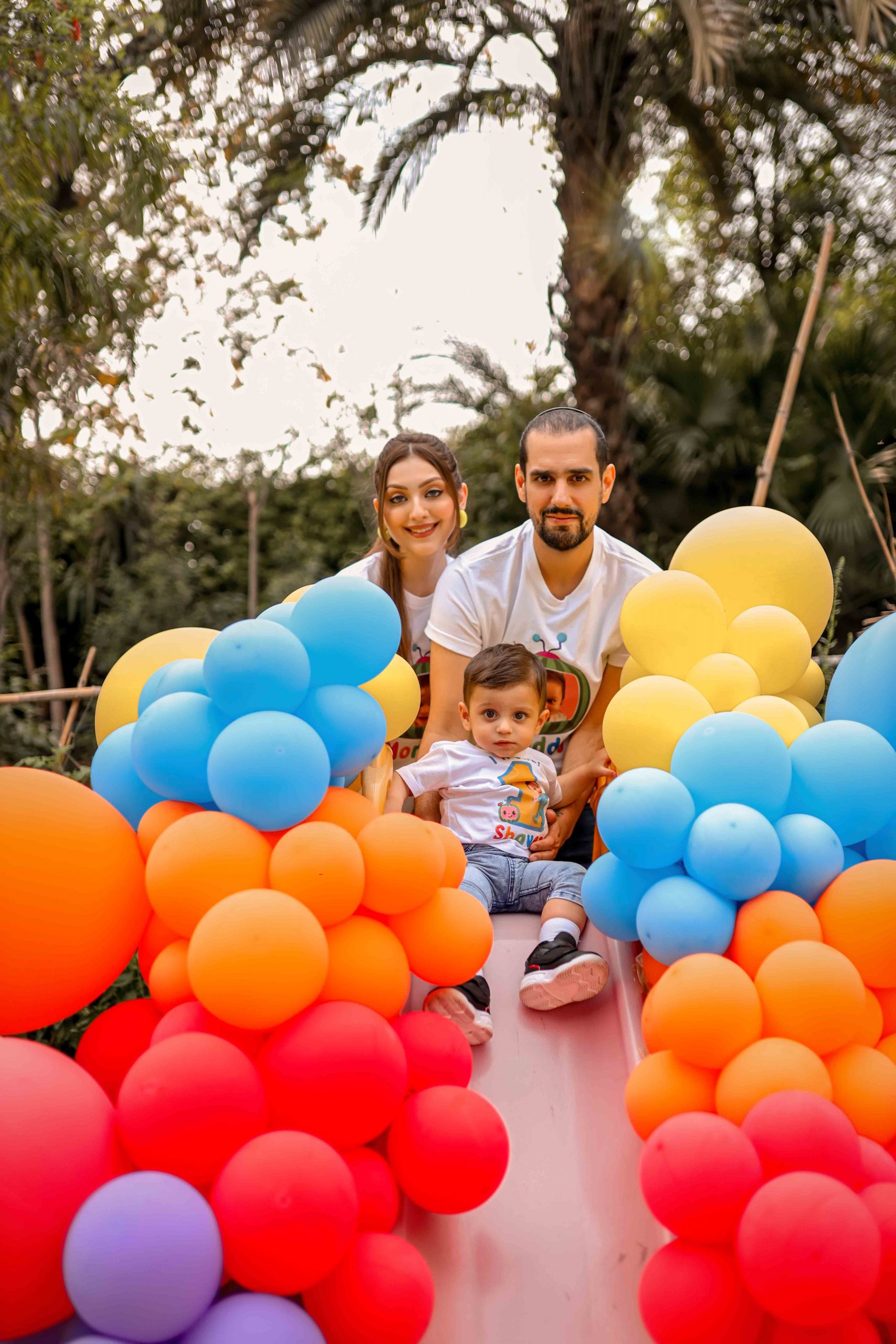 Do you divide and define your life in terms of landmarks and milestones?
Do you divide and define your life in terms of landmarks and milestones?
ST: I don’t. I am not one of those people. When I was in captivity, there were many things I hoped to be able to do one day. I wanted to be integrated back into my life, I wanted to start working again, start a family, you know – small milestones. And life has been very kind to me – it is unbelievable that at the end of such a devastating experience, I’ve had these unbelievable opportunities and I really want to make the most out of it.
If the last decade and a half had panned out differently for you, do you think you might have had an alternate calling in life?
ST: Well, I have the same job so I don’t know but of course, the book and an opportunity to tell the story is new. And you know, I took something that should have broken me, should have left me devastated for the rest of my life, and turned into something unbelievable, an experience, a journey and then articulated it through literature that people have enjoyed so far.
What motivates you to push and raise the bar?
ST: The opportunity for the next day. I have fought for these days. I always encourage people to look forward to the next day no matter how hard today was. You have tomorrow.
What inspires you?
ST: My mother, my wife, my sister-in-law, my sister. I see them every day. They work, they fight in a very difficult environment and yesterday was Women’s Day and we saw what happened. I’m very lucky to have these women in my life. They inspire me every day. Some through their bravery, some through their commitment to their work. These women are my inspiration.
What is your motto?
ST: Glory, Glory, Man United.
What is your comfort zone?
ST: My home, my kids.
Your getaway?
ST: Holiday anywhere. I love LA. I feel at home there. My best
friend lives there.
Five years from now, where do you see yourself?
ST: Hopefully with good business, a successful book, and a TV show.
What next for Shahbaz Taseer?
ST: Life has been amazing. I don’t know what’s next. I have had lots of highs, and lots of lows but life has been kind and I hope it continues to be.
INTERVIEW: YUSRA ASKARI
![]()



